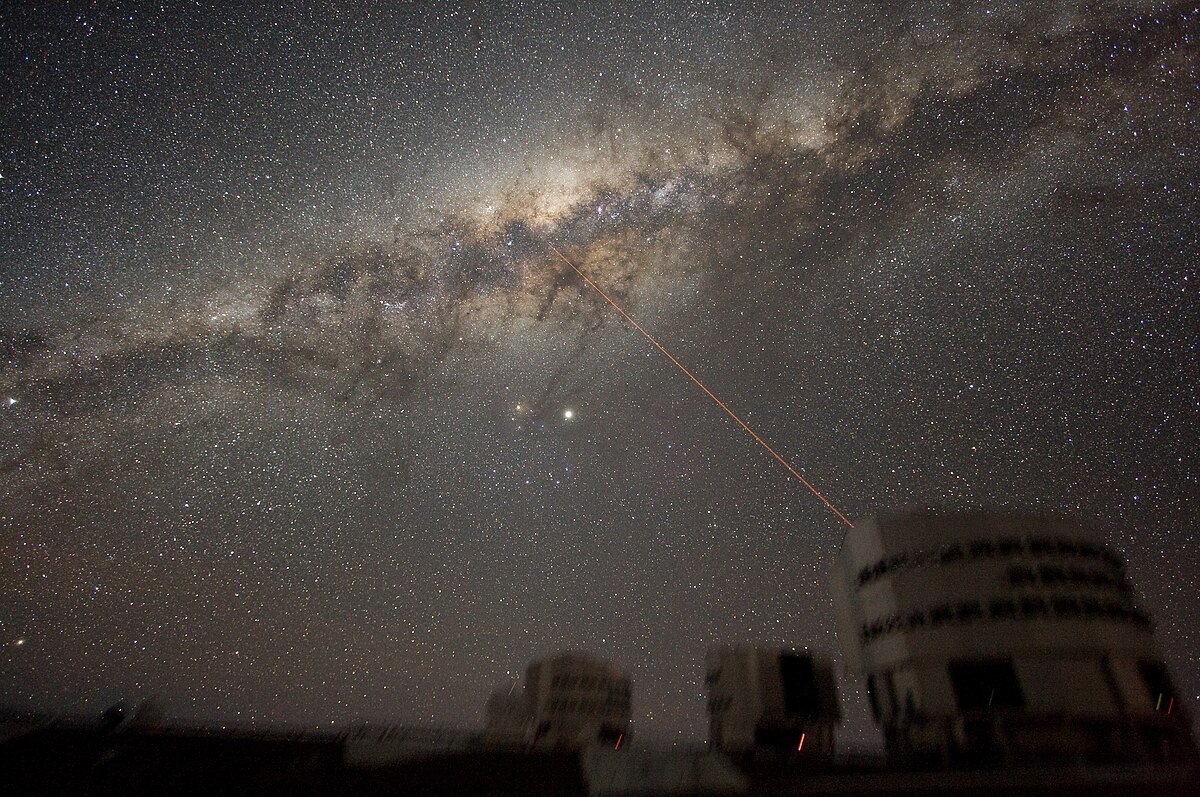But we have no idea how rarely that actually
is. Given the sheer numbers involved, it could still work out to hundreds of thousands of planets over that amount of time. And 2 billion years is a very small amount of time relatively speaking as well. '
Sweeping the galaxy' is also something of a problem. At, let's be generous and say 20 lightyears per day for a really advanced reaper FTL drive, it would take something like 30
years of non-stop travel to go from one side to the other without actually investigating any system you ran into on the way, which would actually be a fairly small number. Add in the apparent requirement to '
discharge the drive core' every so often, which I would assume is also a thing with reaper drives, and that goes up considerably as you have to locate the right sort of system to allow that to happen. Even using the existing relay network and spreading out from each of them wouldn't massively reduce the amount of time taken. And even with half a million ships a comprehensive inventory of every star system in the galaxy would take a
vast amount of time and effort. And fuel, of course, which would probably be the ultimate bottleneck. It's not really practical, given the canon limitations, to do a full survey of the galaxy in the time available, never mind multiple such surveys. It would take so long that by the time you finished life could have evolved to intelligence and left one of the planets you first checked, possibly several times over, rendering the entire process pointless.
Basically, the canon game lore simply doesn't allow for many of the ideas people come up with for how it would actually work. This could well be because the people who made the game have no real understanding of how fucking huge a galaxy is...
Nor would they need to, as it's utterly irrelevant for the game itself, of course. The reason the Council are idiots, and the Turians are
militaristic idiots, and so on, is purely to put enough combat into play to make for an entertaining game. It's not even close to a practical reality, nor necessarily internally consistent

Trying to take that basis and convert it into a real story is
always going to need a lot of extra information to come from
somewhere, and inevitably some of this is going to conflict with the game canon to make it work at all.
